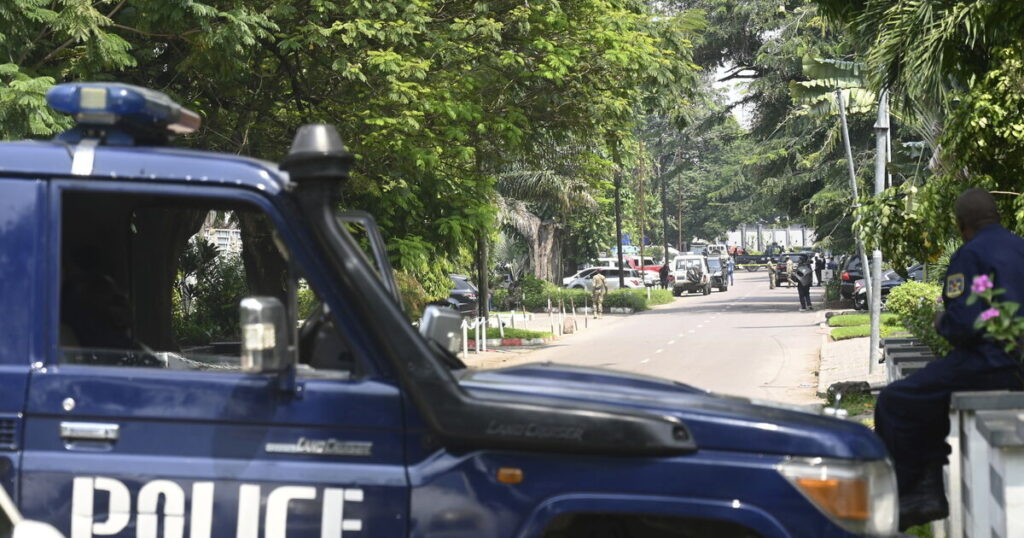One human rights activist disappeared from the airport when he was returned to his home country, the Democratic Republic of Congo (DRC), from Ireland in recent weeks.
His father, an opposition politician, had been murdered, and when he was also threatened due to his political activity, he fled. However, his asylum application in Ireland was rejected.
Gardaí handed him over to immigration officials at Kinshasa Airport six weeks ago, and he has not been seen since.
Immigration lawyer Susan Doyle said that such strong applications by refugees are being increasingly refused since immigration protests swept the country in recent years. Ms Doyle said:
“The new minister for justice is ramping up deportations.
“There seems to be a change in approach, with a lot more negative decisions being made.
“There are concerns that there may be breaches of human rights and constitutional rights on the basis that the Government seems extremely anxious to deal with a high level of asylum applications, with a drive to get applications through faster.
“It’s certainly to appease the anti-immigration rhetoric that’s grown across the country.”
Despite Ireland’s need for healthcare assistants and construction workers, people working in these fields are having their applications for humanitarian leave to remain refused, she said.
Yet another warning that Ireland cannot meet housing and infrastructure targets due to acute labour shortages was made by the Economic and Social Research Institute (ESRI) this week. It estimates that some 80,000 more workers are needed.
Meanwhile, €1.1m had been spent by the State on deporting 170 people up to June of this year.
Immigration barrister Cathal Malone said that, in the last month, he has seen three refusals from the International Protection Office that “really surprised” him. They were all applying on the grounds of political persecution.
The expansion of the safe countries list has meant that many applications are being processed, with a decision eight to 12 weeks after the person enters the country, Mr Malone said.
Only one organisation in Ireland — Spirasi — can assess if someone has suffered torture, but the waiting list for this service runs to some six to 12 months, he said.
“Worst of all, is that people are getting no legal advice,” Mr Malone said. “You can’t photocopy lawyers. There are the same numbers of immigration lawyers as there were a few years ago. But we’ve gone from 3,400 [asylum] applications pre-covid to 18,000 applications last year.
“I’ve seen several people, particularly Georgians, people from so-called safe countries, who have actually gone through the entire first stage of the process, up to and including their first instance decision, without ever meeting a lawyer.
“So you speed up the first part of the process to the point where people can’t get the medical report they need, they don’t have proper access to a lawyer, they’re still dealing with the trauma of coming from a country where they were persecuted, you rush them through that process and they get a negative decision.”
One family of seven in Cork was recently refused leave to remain.
They have been living in one bedroom in a Cork City premises for the last year and a half.
Javeria Khan had her first asylum application rejected the day she gave birth to her youngest son. Her other five children are in school in Cork.
The family fled from South Africa after their shop was burned to the ground and their second shop, where they lived, was under threat.
Gunmen had stormed the shops demanding money and her husband had been held at gunpoint while unloading stock, she said.
She said they were targeted due to racism and xenophobia, as her husband is Pakistani.
“Me and my children had South African passports, so we could travel without a visa at the time,” she said.
“But my husband is Pakistani, so he had to stay.
“Going back means death. It’s very violent there. There is no future for the children. There are a lot of robberies every day. A lot of children are going missing. Children are kidnapped for money.”


